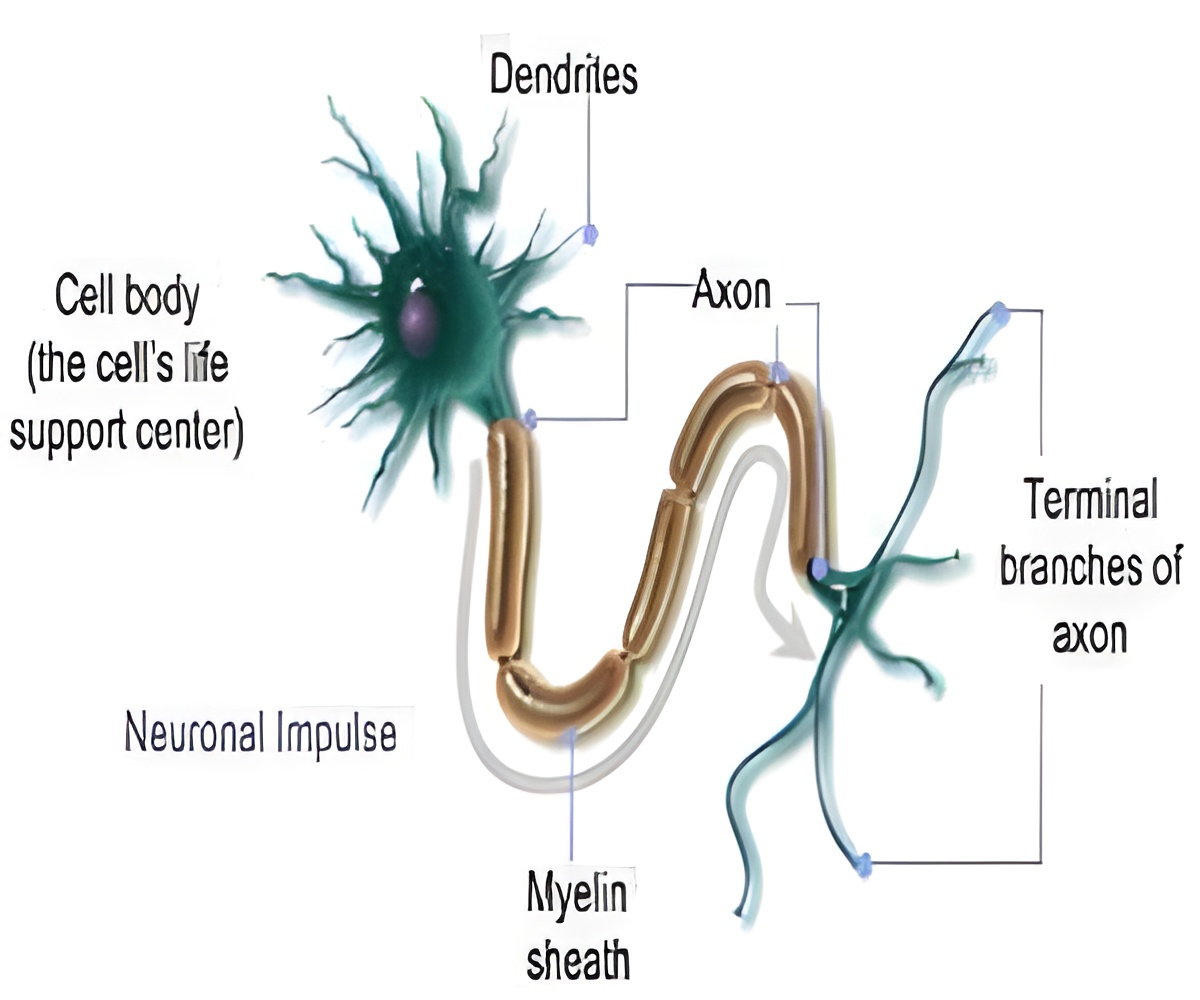
Parkinson's disease is a neurodegenerative disease characterised by the death of dopamine-producing cells in the mid-brain.
The study was conducted using salamanders, which unlike mammals recover fully from a Parkinson's-like condition within a four-week period.
As the salamander re-builds all lost dopamine-producing neurons, the researchers examined how the salamander brain detects the absence of these cells.
This question is a fundamental one since it has not been known what causes the new formation of nerve cells and why the process ceases when the correct number have been made.
What they found out was that the salamander's stem cells are automatically activated when the dopamine concentration drops as a result of the death of dopamine-producing neurons, meaning that the neurotransmitter acts as a constant handbrake on stem cell activity.
Advertisement
"When the salamanders were treated with L-dopa, the production of new dopamine-producing neurons was almost completely inhibited and the animals were unable to recover.
Advertisement
As in mammals, the formation of neurons in the salamander mid-brain is virtually non-existent under normal circumstances.
Therefore by studying the salamander, scientists can understand how the production of new nerve cells can be resumed once it has stopped, and how it can be stopped when no more neurons are needed. It is precisely in this regulation that dopamine seems to play a vital part.
Many observations also suggest that similar mechanisms are active in other animal species too.
Further comparative studies can shed light on how neurotransmitters control stem cells in the brain, knowledge that is of potential use in the development of therapies for neurodegenerative diseases.
"One way of trying to repair the brain in the future is to stimulate the stem cells that exist there," Simon said.
"This is one of the perspectives from which our study is interesting and further work ought to be done on whether L-dopa, which is currently used in the treatment of Parkinson's, could prevent such a process in other species, including humans.
"Another perspective is how medicines that block dopamine signalling and that are used for other diseases, such as psychoses, affect stem cell dynamics in the brain," Simon added.
The salamander is a tailed member of the frog family most known for its ability to regenerate lost body parts, such entire limbs.
The article has been published in the prestigious scientific journal Cell Stem Cell.
Source-ANI












